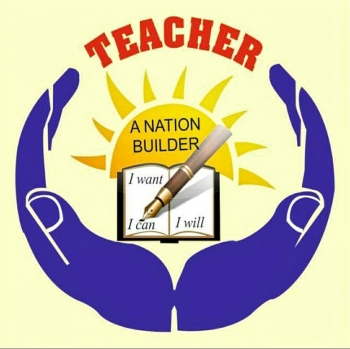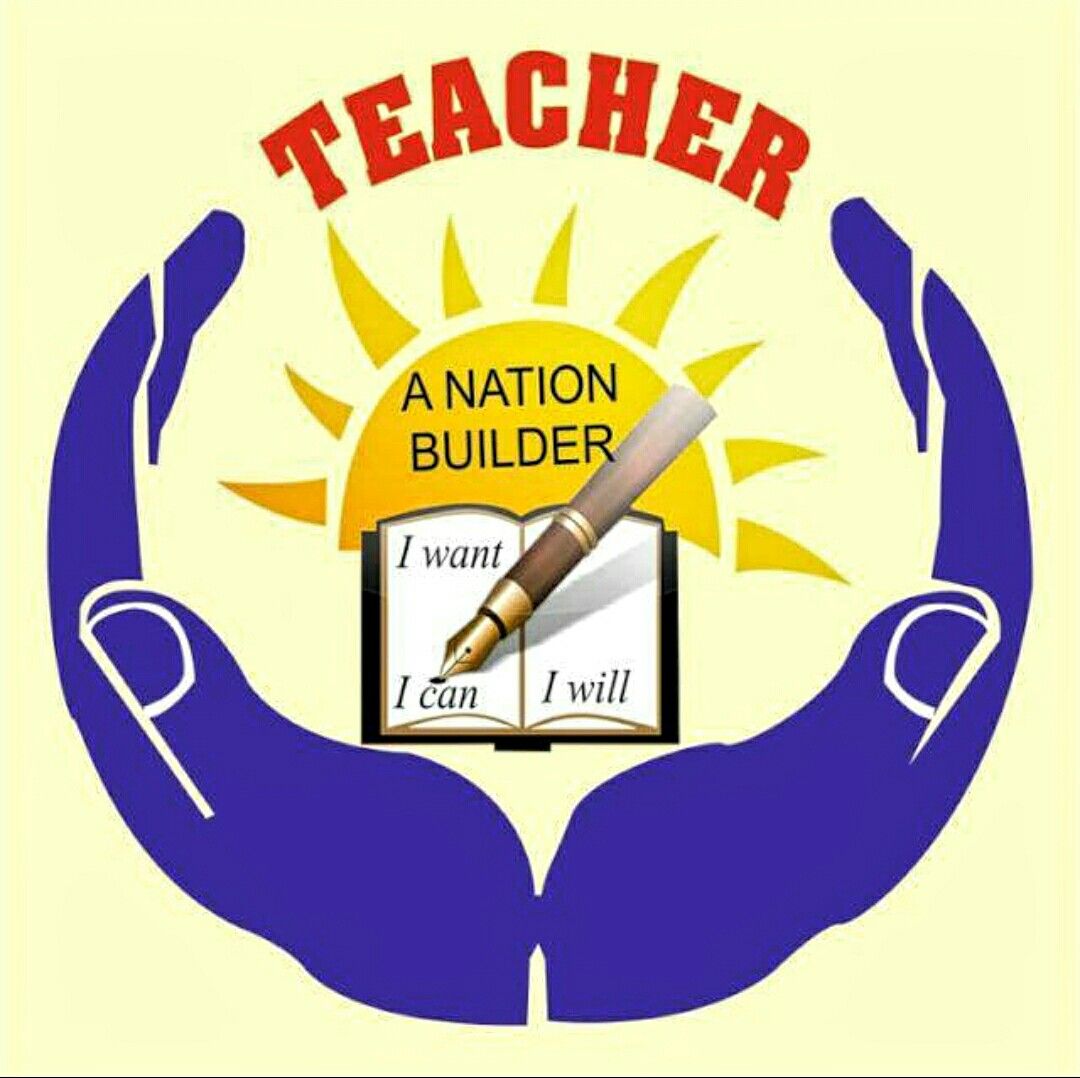
.jpg) Joseph M. Dias
Joseph M. Dias

“Education is the most powerful means we have for the transformation of society,” said Nelson Mandela. It follows, therefore, that teachers who are the most prominent agents of education contribute enormously to bringing about social transformation. It is teachers in schools, colleges and universities who shape the minds of young people, who are the leaders of the future. What sort of vision and ideas are our teachers communicating to the young? How effectively are they communicating the ideals of the Constitution given to the nation by our Founding Fathers? What kind of rhetoric are the youth hearing from our leaders and the powerful media, which influence their thinking? Are educators doing their bit to foster peace, unity and harmony in the country or are they also spreading hatred, division and unhealthy rivalry among different communities and ethnic groups, as many political parties do?
Given the prevailing atmosphere of hatred and divisiveness, teachers are in the best position to spread the message of goodwill and respect for all -- irrespective of religion, tribe, race or caste. It is only such a positive approach that will help teachers to build the nation and promote all-round progress in the country. How can such a diverse, multi-cultural, multi-racial and multi-lingual nation as ours create a strong progressive society without the participation and cooperation of all the children of Mother India? Achieving harmony among all sections of our vast population is a challenge to teachers, whose mission it is to shape a bright and prosperous future for all our citizens.
Our classrooms need to provide an ideal atmosphere for young minds to grow up, normally, with a positive attitude to all. The children ought to feel that they are all equals and there is no discrimination on the basis of race, colour, caste or religion. It is up to the teachers to ensure that children feel secure, wanted and respected, irrespective of their family and home background. Teachers must teach their pupils to feel proud of their composite culture of such a rich diversity, unparalleled in the world.
The attitudes children pick up in the school are the ones they will take with them when they enter the wider society as grown-ups. If they experience unity and harmony among companions coming from various backgrounds in school, they will strive to build up a society where there is unity, harmony, cooperation and peace. They will find hatred and divisiveness repugnant and instinctively rebel again those who spread such attitudes. The people will be happy and prosperous if they raise their children with a positive attitude to all their fellow-citizens.
What sort of programs must we introduce in schools and colleges to foster greater unity and harmony in the country? There must be activities which bring together children coming from diverse backgrounds: classroom teaching without discrimination against any pupil, picnics, outings, visits to important cities and towns in various parts of the country; exposure to works of art and architecture, music and dance of different religious and ethnic groups; celebration of religious festivals of all the major religions of India; study of the history of India that is objective and unbiased; a rational and scientific approach to all subjects, especially social sciences like sociology, psychology, anthropology, political science.
The lives of great leaders of our freedom movement and others, who spent their lives trying to unite the country, like Mahatma Gandhi, Pandit Jawaharlal Nehru, Sardar Vallabhbhai Patel, Netaji Subash Chandra Bose, Dr. Rajendra Prasad, Dr. Sarvepalli Radhakrishnan, Dr. Zakir Hussain, Maulana Abul Kalam Azad, Kaka Joseph Baptista, Dr. Abdul Kalam, Mother Teresa, and many others must be given prominence by teachers of various subjects.
“The future of India is being shaped in her classrooms,” wrote the Indian Education (Kothari) Commission. We may say that teachers, all over the country, are in a privileged position to shape the future of the country. How are they going to shape the thoughts and attitudes of our youngsters? They must first be committed themselves, wholeheartedly, to building the nation, by instilling positive attitudes in their students, teaching them to appreciate and accept our people of every state, language, tribe, religion, and culture. In this way, they will be rendering the greatest service to the nation – through striving to unify all sections of this vast and diverse sub-continent.
That teachers wield enormous power and influence to do good in the classroom is expressed most aptly by the famous American film-maker, George Lucas, Jr., when he says, “We film-makers have a lot of power and influence, but our power is nothing compared to that of a teacher who has the power to whisper softly into the ear of a little child.”